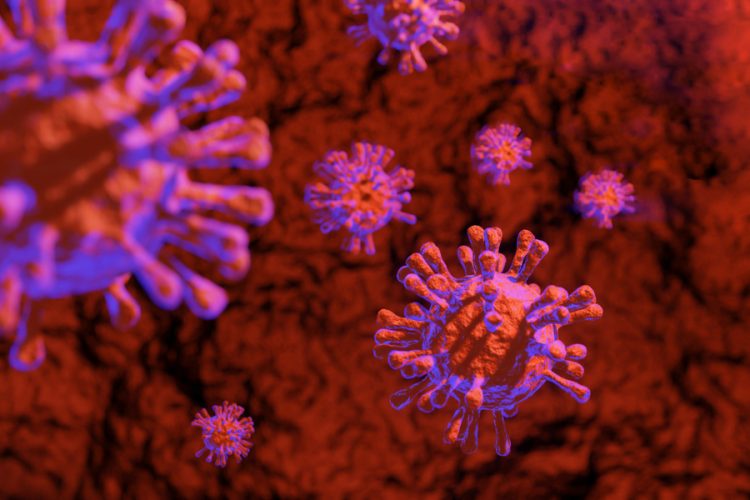Clinical trials for COVID-19 treatments show mixed results, says study
Posted: 16 April 2020 | Victoria Rees (European Pharmaceutical Review) | 1 comment
Despite some positive results from clinical trials for COVID-19 treatments, separate tests of the same therapies have not met primary endpoints.


Recently completed COVID-19 clinical trials show mixed results, says GlobalData in a new report.
As the COVID-19 pandemic spreads globally, companies are beginning to accelerate their clinical trials for therapeutics and the number of trials has been growing. So far, 21 COVID-19 clinical trials have been completed – with the majority of those sponsored by Chinese hospitals and in the Wuhan province, says the outlet. However, as of yet, few outstanding possible drug candidates have emerged.
Scotty Chung-Siu, Senior Analyst at GlobalData, commented: “In the trials that have been completed thus far, most of the drugs being used as a primary intervention are off-label and have been approved for the treatment of a different infectious disease. For example, hydroxychloroquine was first approved for the treatment of malaria. Despite interim results showing reduction of COVID-19 virus load from an ongoing trial of hydroxychloroquine with azithromycin conducted in France’s Aix Marseille University, one of the completed clinical trials investigating hydroxychloroquine in combinations of antivirals did not achieve primary endpoints. The other trial investigating hydroxychloroquine alone did not disclose results.”
Over 60 percent of the completed clinical trials are either in very early stage or late stage. The majority of the primary interventions used in the nine completed trials were small molecules.
Chung-Sui continued: “While all the trials were looking for efficacy and safety endpoints, only five trials successfully achieved the endpoint. First, Fujifilm’s favipiravir, originally marketed for the treatment of influenza, showed promising results from the two trials where it was used as the primary intervention. One of the trials with favipiravir showed effectiveness against COVID-19 with low adverse events and better treatment effects compared with the secondary intervention, AbbVie’s Kaletra (lopinavir/ritonavir). Lopinavir/ritonavir, originally approved for the treatment of HIV/AIDS, was also tested in two clinical trials as the primary intervention but did not achieve the primary endpoint in one trial while the other was inconclusive. It did not significantly accelerate clinical improvement, reduce mortality or diminish throat viral RNA levels in subjects with COVID-19.”
Other drugs in development for COVID-19 include Ascletis Pharma’s hepatitis C drug danoprevir and Pacific Meniuoke Biopharmaceutical Company’s meplazumab. With only a small set of single-country trials completed and a limited number of subjects in these trials, the current results are mixed. As more trial data becomes available in the coming month a clearer treatment could emerge, the report concluded.
Related topics
Clinical Development, Clinical Trials, Drug Development, Therapeutics, Viruses
Related organisations
AbbVie, Aix-Marseille University, Ascletis Pharma, Fujifilm, GlobalData, Pacific Meniuoke Biopharmaceutical Company
Related drugs
danoprevir, favipiravir, Hydroxychloroquine, Lopinavir/ritonavir, meplazumab










We wish them luck